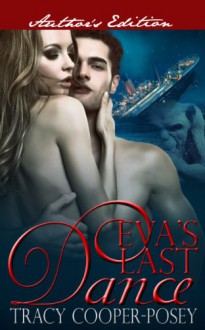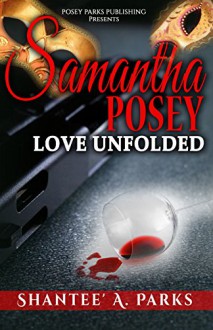
"Three" (is it just me, or that a confusing name for the first book in a trilogy?) is a grim, tense, violent book from the first page to the last.
"Three" is a mood rather than character driven book, heavy on atmosphere and light on introspection.This isn't one of those novels where the reader feels smart for spotting the world-building clues that the author seeds the text with and creating a deeply textured society. This is novel where the world doesn't feel the need to explain itself; you have to figure it out as best you can while every character you meet is trying to kill you. This is a world so unforgiving that a child asking "Momma, are we going to die today?" is stoic realism rather than high melodrama.
Part Western, part Samurai-turned-Ronin movie, part survival horror video game, "Three" tells the story of a lone warrior, in a bleak, post-apocalyptic world, who breaks his own survival code and takes a woman and her son under his protection and embarks on a quest to find the boy's father.
The warrior, who is called Three, for reasons that are never clearly explained, is so laconic that he makes The Man With No Name seem intoxicated with the exuberance of his own verbosity.
An intense, dangerous, loner who is constantly vigilant and frequently deadly, Three is a bounty hunter who relentlessly pursues his prey through the Weir-infested wastelands of ruined cities, surviving by the sword, the gun and total personal discipline. Unlike the "soft" civilized folk who live behind city walls and don't go out at night, Three is all hard shell and honed edges and walks where he pleases.
The woman and the boy Three chooses to protect are far from helpless. Helpless doesn't survive past dusk in this world. They are capable of great violence and would be formidable if they were not being hunted by people even scarier than they are.
Although this book is primarily an action adventure vehicle, the kind of thing that would make a summer blockbuster movie or a best-selling combat video game, it is lifted by its willingness to take on some big themes: the true nature of heroism (it's not bravery if you're not scared); the possibility of redemption by doing something for others that will make them carry you in their memory; the importance of a living by a code; the rigour of vigilance born out of the inevitability of betrayal and the leavening effect of compassion.
If there is a message in all of this, it is that love makes you weak by giving you something to lose but the absence of love makes your strength hollow and futile.
Although this book was an engrossing read and I'll definitely be back for the rest of the series, I hope the next novels have more dialogue and less authorial voice. I picked up "Three" after reading Jay Posey's most recent book, "Outriders". In retrospect, I can see that that wasn't the ideal progression. Although "Three" is a remarkable debut novel, the thought that kept going through my mind was: "Wow, Jay Posey has learned a lot about writing dialogue in the three years between these two books."



 Log in with Facebook
Log in with Facebook 


 Okay I have one complaint, I WANT IT TO BE LONGER. I loved this story on the continuing Destiny's Trinity series. We have a new Trinity that consist of Zoe, Cole and Declan, and they have to be bonded quickly; we learn that this particular Trinity is quite different from the others. A surprisingly new paranormal is part of this group and before the end we have another surprise. Things are getting worse and the current groups are really working hard on locating the other Trinity's, while trying to keep up with the evil that is attacking the unaware human race. The three involved are really, and I mean really, taken by surprise and then top that off with the fact that it has to come to fruition quickly, as they come under attack. The Trinity's come together to fight them off and if they lose it could mean the end, for all the groups are needed to fight the evil. I really love the way you again meet characters from the previous Trinity stories; it's exciting to see them still involved and what they do to help. I try not to give spoilers but know I have to give you enough to grab and reel you in. If you love the paranormal you will love "Zoe's Blockade" and as for me, I can't wait to read the next story.
Okay I have one complaint, I WANT IT TO BE LONGER. I loved this story on the continuing Destiny's Trinity series. We have a new Trinity that consist of Zoe, Cole and Declan, and they have to be bonded quickly; we learn that this particular Trinity is quite different from the others. A surprisingly new paranormal is part of this group and before the end we have another surprise. Things are getting worse and the current groups are really working hard on locating the other Trinity's, while trying to keep up with the evil that is attacking the unaware human race. The three involved are really, and I mean really, taken by surprise and then top that off with the fact that it has to come to fruition quickly, as they come under attack. The Trinity's come together to fight them off and if they lose it could mean the end, for all the groups are needed to fight the evil. I really love the way you again meet characters from the previous Trinity stories; it's exciting to see them still involved and what they do to help. I try not to give spoilers but know I have to give you enough to grab and reel you in. If you love the paranormal you will love "Zoe's Blockade" and as for me, I can't wait to read the next story.






